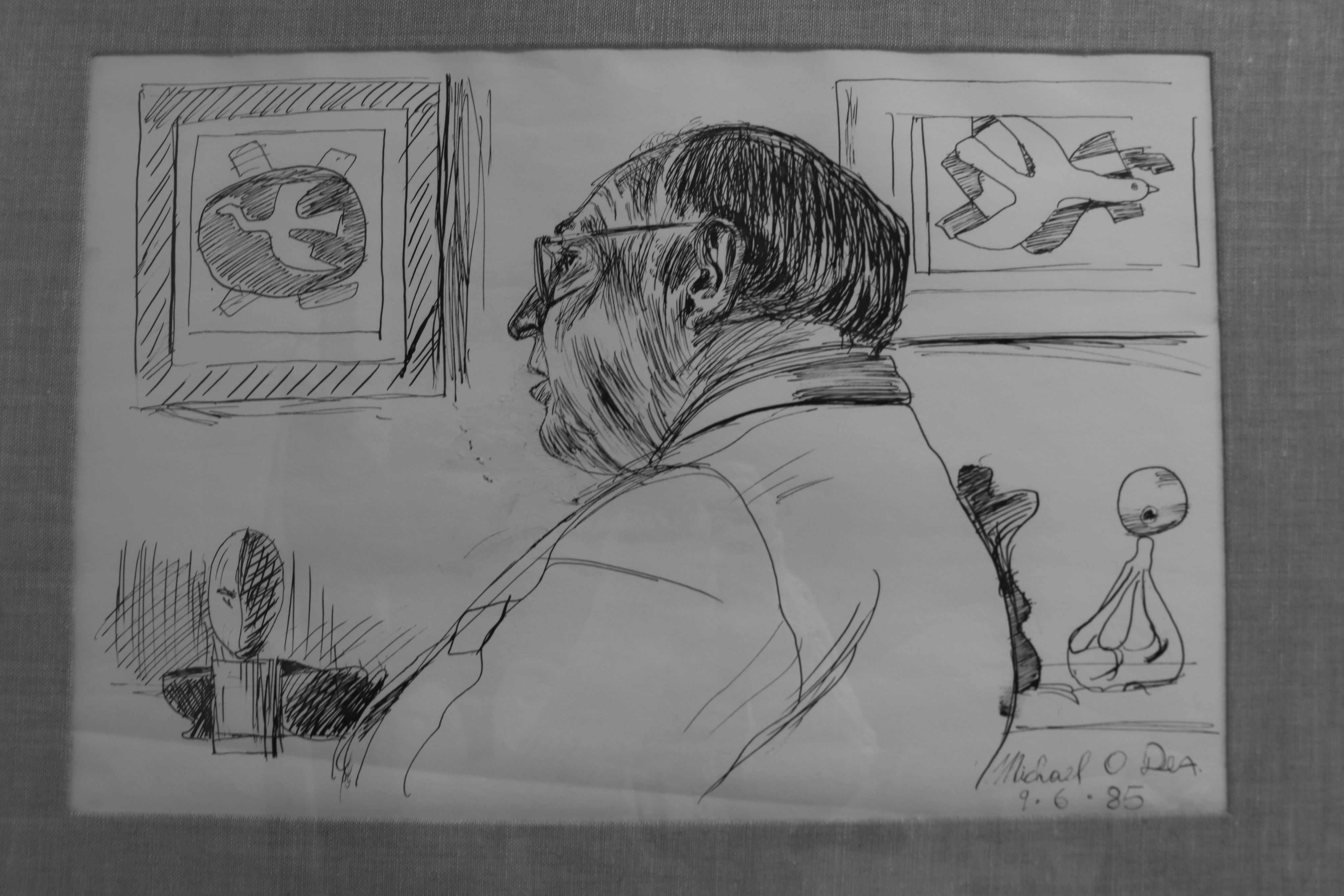Trudy Mackay, Director of Clemson University’s Center for Human Genetics (CHG) and a world-leading authority on quantitative genetics, will be awarded the Dawson Prize in Genetics tomorrow at the Stanley Quek Theatre in TBSI. Mackay will give a public lecture on the topic “Comparative Genomics: Flies to Humans, Humans to Flies”, where she will give an insight into her groundbreaking work, including research into complex genetic traits and human disease, and the use of fruitfly as a model organism for this work.
Speaking on the award, Mackay, who is also a fellow of the National Academy of Sciences, the American Association for the Advancement of Science, the American Academy of Arts and Sciences, and the Royal Society of London, remarked: “It is a great honour to receive this prestigious award and to join the outstanding scientists who have previously been awarded the Dawson Prize.” Previous winners have included Nobel prize-winning biologist John Sulston, human geneticist Mary-Claire King, and molecular biologist Vishva Dixit.
Trinity Genetics professor Aoife McLysaght said of this year’s prize: “We are excited to honour the groundbreaking work of Trudy Mackay with the award of the Dawson Prize. Over the course of her distinguished career, Trudy has tackled one of the most difficult and challenging questions in genetics, namely the genetics of complex traits – the least predictable, but often most interesting traits including behavioural traits and disease risk.” Referring to the origin of the Dawson prize, McLysaght commented: “[It] is a very special award: it encompasses George Dawson’s passion for genetics; his recognition that science needs to be shared with the public and his placement of students at the heart of the Genetics Department.”
George Dawson, originally from England, is credited with founding Trinity’s Genetics department, the college art scheme, and the Douglas Hyde Gallery. Additionally, Dawson influenced a number of significant College decisions, such as the change to electing the Provost and resisting the proposed merger with UCD. He held a variety of positions in Trinity including Head of Genetics, College Registrar, and Chair of Fellows.






